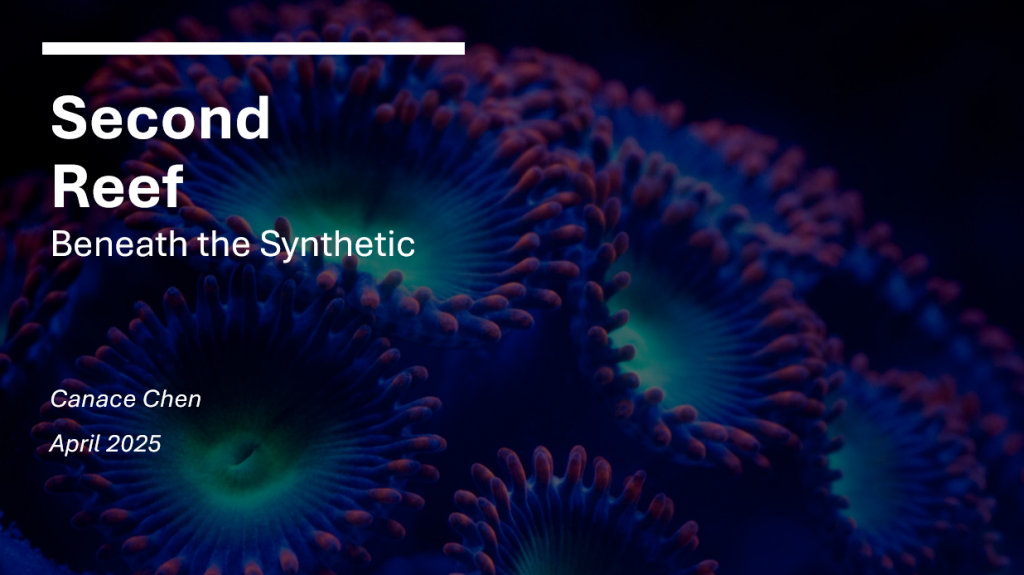Preperation for Formative Assessment
This week was all about preparing for my formative assessment presentation.
The biggest challenge was figuring out what to focus on. There’s just so much going on in this project: the environmental angle, the ethical tensions, the technological components, the artistic expression. How do I communicate all of that clearly, without overwhelming the audience or making it sound like a jumble of disconnected pieces?
I spent a lot of time this week organising my materials — sorting through sketches, photos, notes, and research summaries. Laying everything out made me realise how far I’ve come, but also how much still feels unresolved. For example, the balance between the educational side of the project and the artistic side is something I’m still figuring out. Should the installation be more didactic, offering clear facts and information, or should it lean into abstraction, letting the audience draw their own interpretations? I kept circling back to that question as I built the presentation slides.
Even though the formative assessment is meant to be a check-in and not a final judgment, I still felt the pressure. Sharing unfinished ideas is vulnerable — you’re opening up your half-formed thoughts and hoping people will see potential rather than flaws. But at the same time, I reminded myself this is exactly why feedback is so valuable. You need outside eyes to spot the gaps you’re too close to notice.
Once the slides were ready, I rehearsed my talking points a few times, which helped calm my nerves a little.
Looking back, I agree that it is important to spend some time to pause and reflect. It forced me to take stock, clarify my direction, and articulate the heart of the project.
Project Name
I had a few options. Then I narrowed down to these three:
- Second Nature/Reefs: second nature was my original idea to show that artificial reefs are like a 2nd chance that human get to repair what we’ve destroyed, but second reef makes it clear that this is about reefs specifically.
- Reeflections: uses a word play to show this is a reflective piece on the relationship among human, technology and nature. Also sort of hinting the main interaction is to look into the periscopes to see what’s behind.
- Manufactured Ocean: the marine ecosystems are harmed by the manufactured products yet the artificial reefs that are designed to restore the ecosystem made from material from those products. eg: tyres, steels, etc.
I asked for my friends and supervisor for advise and I decided to have “Reeflection” in the end.
Reeflection
Preparing for the formative assessment was both stressful and enlightening. It forced me to clearly articulate my ideas and confront the weaker points in my project head-on. Presenting unfinished ideas was intimidating, but it turned out to be incredibly valuable. The feedback I received highlighted areas I hadn’t fully considered, especially around narrative and coherence. This week reinforced how important external perspectives are in refining and strengthening my work.

Leave a Reply